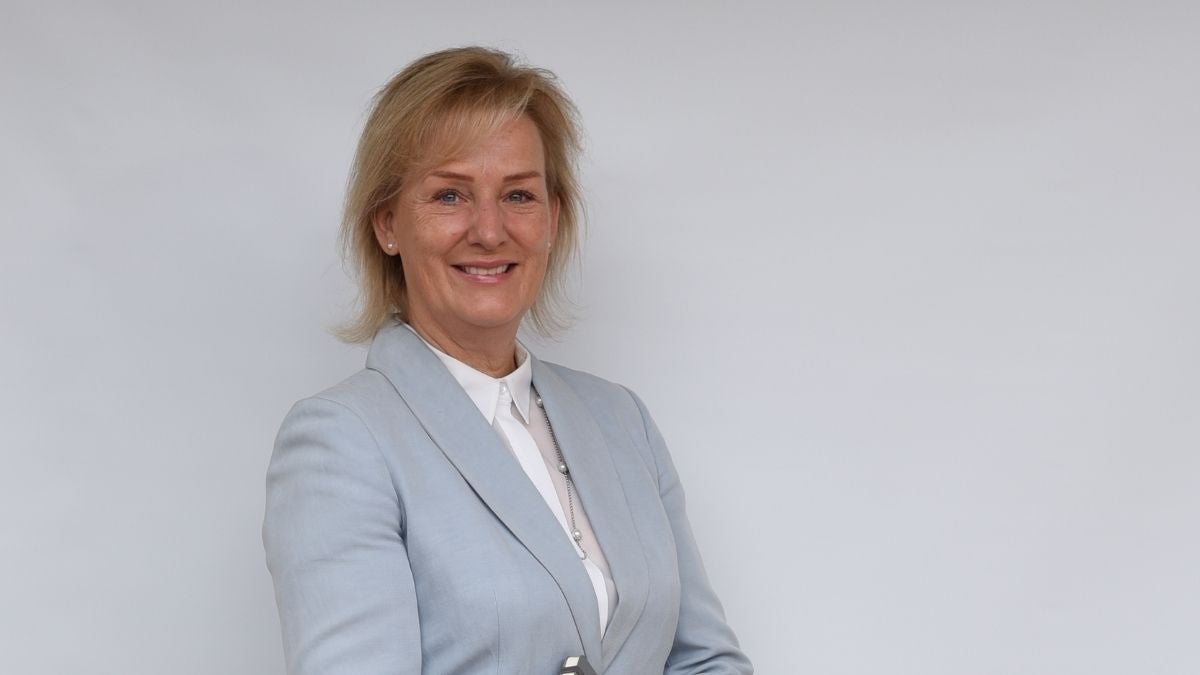
From a young age, Charlotte Valeur was aware she was different from other children. “I was very quiet and virtually didn’t speak until I was about 12,” she recalls. “I enjoyed writing down the number plates of cars in books because I liked the way the rows of numbers looked on the paper.”
Although doctors today may have quickly determined Valeur was autistic, she wasn’t medically diagnosed until she was 51 and only decided to reveal her condition publicly last year, while chair of the Institute of Directors.
“It was obviously a bit scary because you never know how people are going to react and how people’s biases might play out,” the former investment banker says. “But subsequently, hundreds of people contacted me, including other business directors, to say they are also neurodivergent but didn’t have the courage to talk about it publicly.”
In a bid to encourage more business leaders to speak openly about the subject, Valeur has founded the Institute of Neurodiversity (IoN). She hopes that the institute can help provide the support that she felt was lacking when she was diagnosed with autism as an adult.
She says: “When I realised I was autistic there was no organisation to turn to as everything is focused on children. It’s as if people think you’re only neurodiverse when you’re a child, and then you grow out of it.”

As a champion of board diversity - Valeur founded the social franchise Board Apprentice in order to improve access for underrepresented groups - one of the main objectives of IoN will be to lobby industry to improve representation and inclusion. But it will also reach out to wider society to develop awareness and understanding.
To this end, Valeur hopes that IoN can be a network for the neurodiverse – a term which refers to people with conditions that cause variations in brain function and behavioural traits. Neurodiverse conditions include dyspraxia, dyslexia, Tourette’s syndrome, attention deficit hyperactivity disorder (ADHD) and Asperger’s Syndrome.
“I felt we were missing a collective voice for neurodiverse people and our allies to try and push the agenda forward,” she says. “When you come together it creates more of a powerful coalition that can push for change.”
Neurodiversity in the workplace
Despite receiving many supportive messages since opening up about her autism, Valeur continued to experience incidences of discrimination in the workplace. On one occasion, while being interviewed for a board position, she was asked: “How do you deal with empathy?”
“I don’t think this is a question anyone ever gets asked in an interview, “ Valeur says. “My answer was just that I deal with it very well but I could have called it out.“
She wasn’t offered the position, with the reason given that she “scared the life out of the other board members“. “I thought, ‘What does that even mean?’ But I think it’s the honesty and the directness that made them feel so uncomfortable,” she adds.
Once you’ve climbed the very greasy corporate ladder, then you can become concerned about losing the gains you’ve made. It was a concern for me when I opened up about my autism
Valuer’s experiences are not uncommon. Recent figures from the Office for National Statistics show that only 22% of people with autism in the UK are currently in full- or part-time work and institutional discrimination is considered a significant contributor.
“Many businesses are still unsure how to incorporate neurodivergent individuals in the workplace,” Valeur says. “If you simply hire without any inclusion behind it, it rarely works. Similarly if employers don’t embrace differences, it becomes very difficult. You have to be willing to move away from a set culture.”
This is one area where Valeur hopes IoN can make a difference. Although the institute will help those with neurodiverse conditions throughout society – with plans to campaign for changes to the education and justice systems – providing support for neurodivergent people in their professional lives will be a key focus.
Jacobs Engineering is among the founding corporate members of IoN and there are a growing number of organisations looking to improve their hiring practices in this area. These include, Microsoft, IBM, SAP and JP Morgan, with some even describing it as a competitive advantage.
“Businesses are starting to recognise the talent we can bring to the table,” Valeur says. “But it’s not just enough to hire neurodivergent individuals, there needs to be some kind of framework around how they handle differences in the workplace and we [IoN] would like to help businesses do that.”
Driving inclusion
Valeur advises that any business looking to hire neurodiverse employees should set up an employee resource group and “inclusion agents” to help individuals settle in and offer support. However, she is keen to stress that any adjustments to employee wellbeing and inclusion should be made throughout organisations and can often provide productivity benefits for the entire business.
“I’m not looking for neurodivergent individuals to be treated separately from so-called neurotypicals, we need to be treated in a way that’s inclusive for all,” she says.
Improving awareness at the top of organisations will also be important for driving change. Valeur believes there are many others in her position who either aren’t aware of their neurodiversity or are too afraid to come forward and speak about it publicly.
“Once you’ve climbed the very greasy corporate ladder, then you can become concerned about losing the gains you’ve made,” Valeur adds. “It was a concern for me when I opened up about it.
“But it’s something I’d like to see more of my peers to do. We need more senior executives to be role models and show courage, to help lead the way.”

From a young age, Charlotte Valeur was aware she was different from other children. “I was very quiet and virtually didn’t speak until I was about 12,” she recalls. “I enjoyed writing down the number plates of cars in books because I liked the way the rows of numbers looked on the paper.”
Although doctors today may have quickly determined Valeur was autistic, she wasn’t medically diagnosed until she was 51 and only decided to reveal her condition publicly last year, while chair of the Institute of Directors.
“It was obviously a bit scary because you never know how people are going to react and how people's biases might play out,” the former investment banker says. “But subsequently, hundreds of people contacted me, including other business directors, to say they are also neurodivergent but didn't have the courage to talk about it publicly.”
